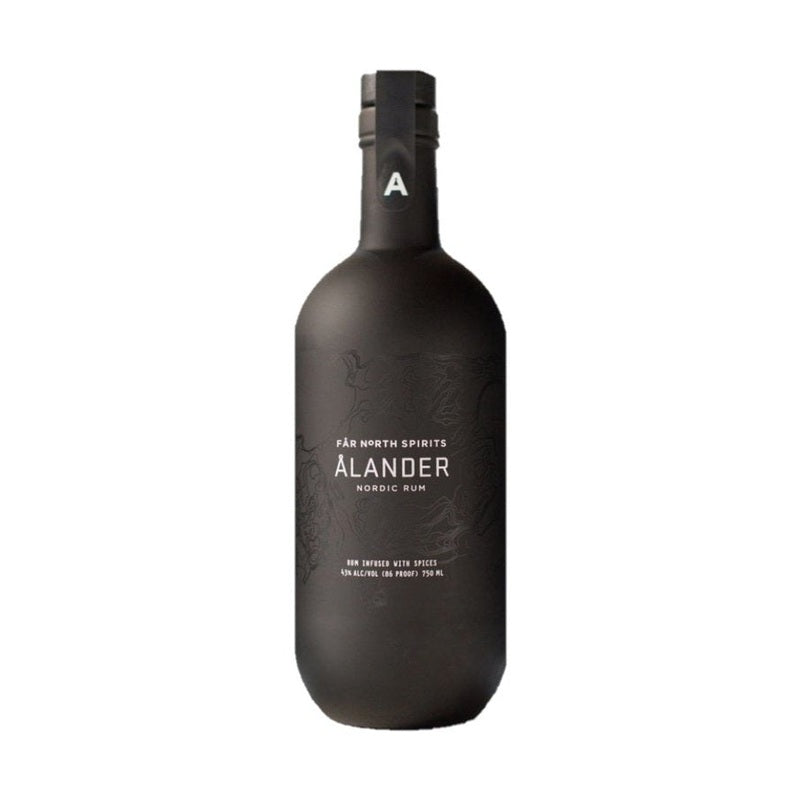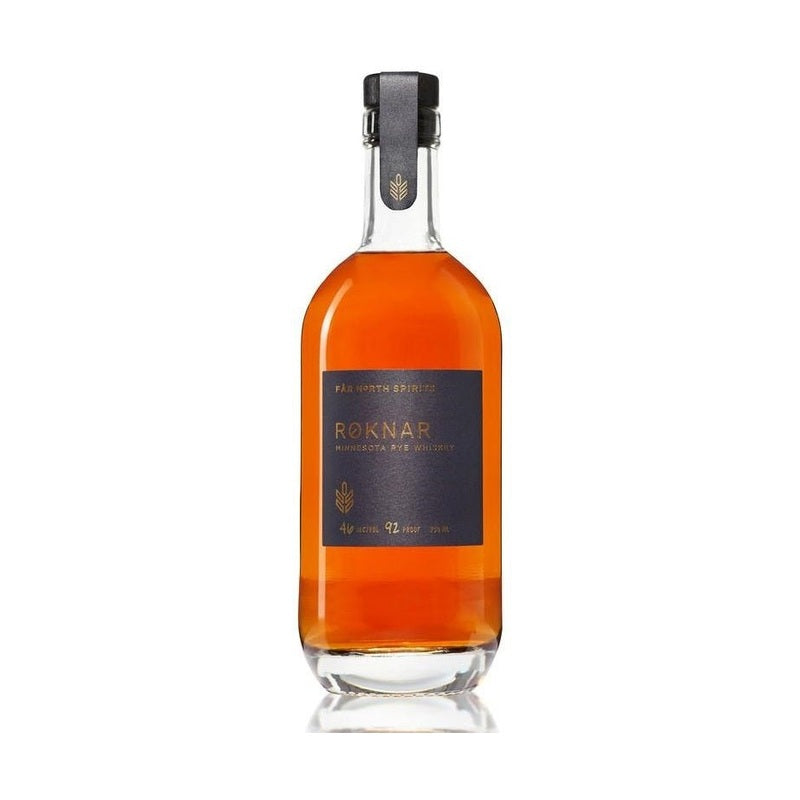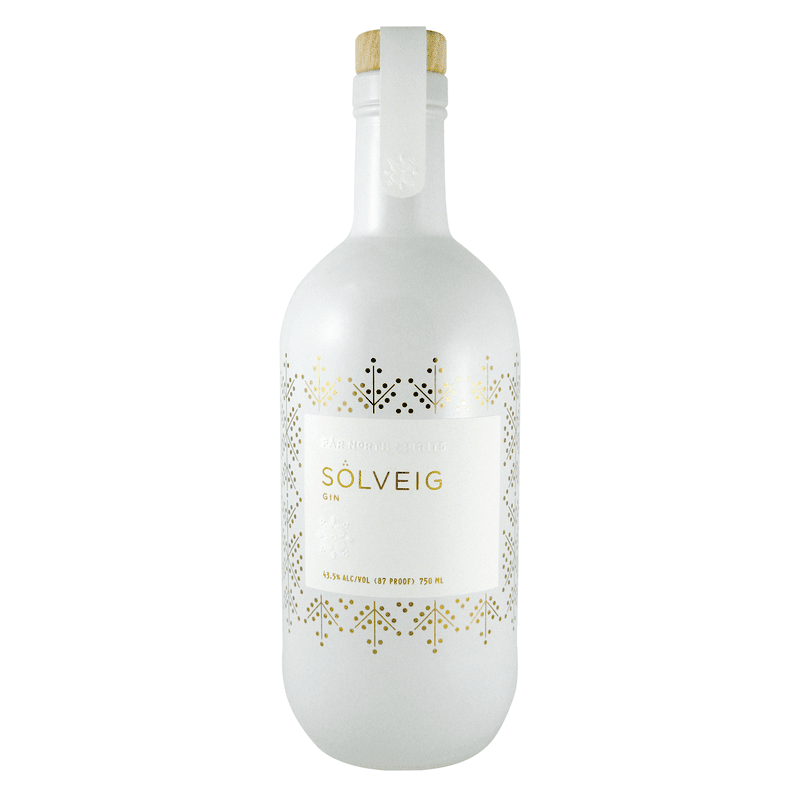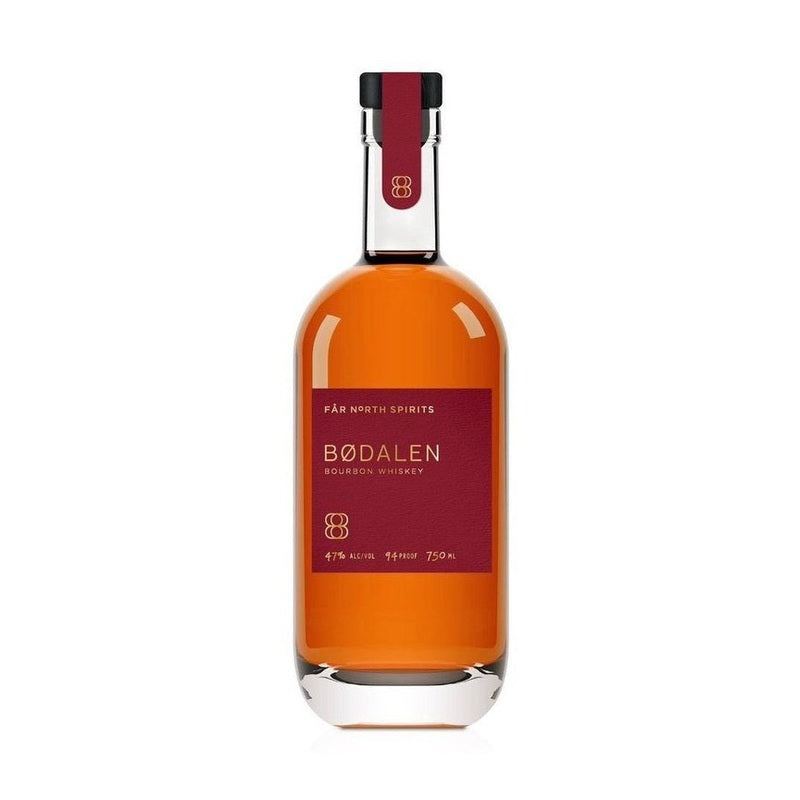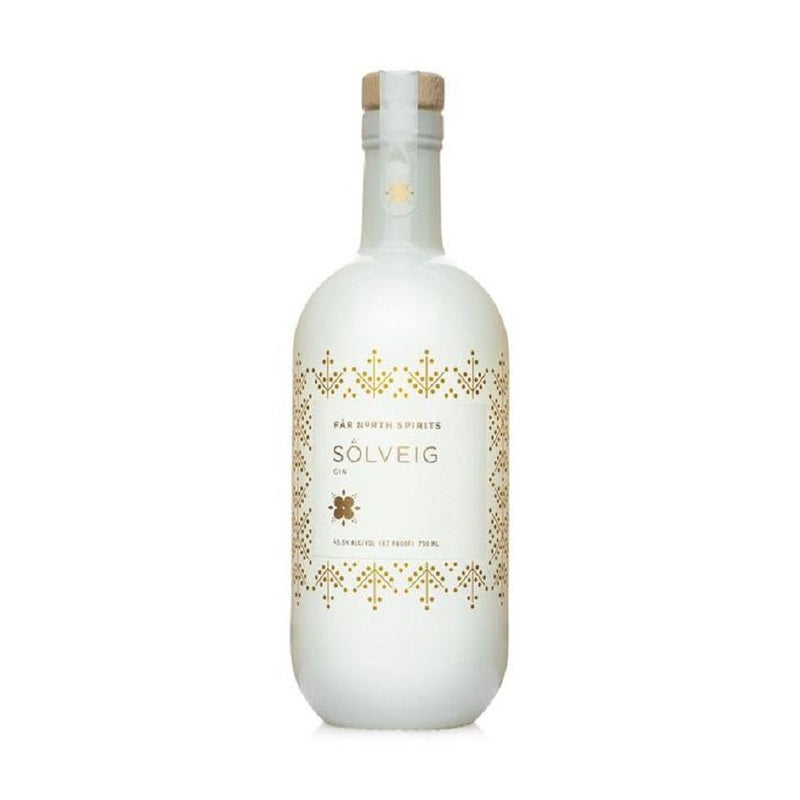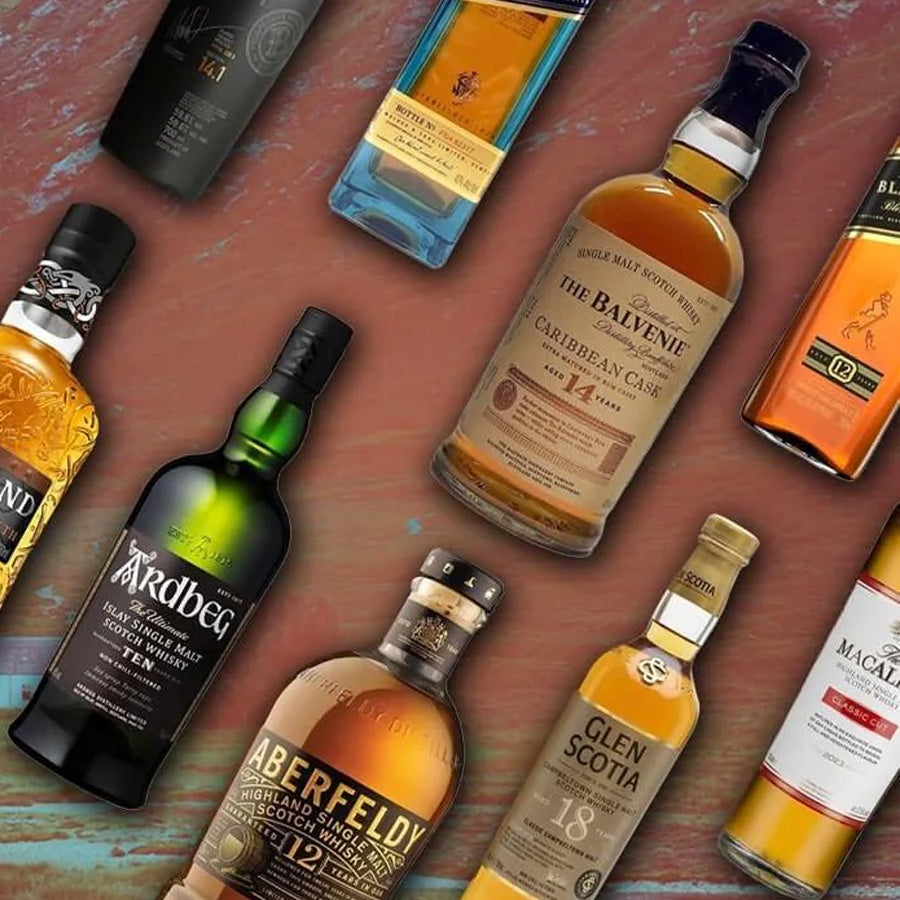
Far North Spirits
The northernmost distillery in the contiguous United States
Located in Northwestern Minnesota, Farth North is the northernmost distillery in the contiguous United States and a true seed-to-glass distillery, one of only 42 distilleries nation-wide to grow its own grains. Every step of production—milling, mashing, fermenting, distilling and bottling—is carried through on-site by hand.
Just miles from the Canadian border, the Swanson family farm is operated by Michael Swanson, a fourth generation farmer, and his wife Cheri Reese. The couple distills as Far North Spirits, employing a field-to-glass farming model from start to finish; hand-selecting their seed varieties, planting and harvesting all non-GMO grains, and carefully sourcing the botanicals and spices.
Farth North Farm & Distillery
“My dad always looked different at harvest time because it was very rewarding,” said Michael Swanson of Far North Spirits. “It sounds very simplistic but it was real.” It was this remembrance that drove Mike and his wife Cheri Reese back to his family’s farm in their native Minnesota. “I wanted to get out of corporate. I started thinking we should make a finished product instead of a commodity. You can have a little more control over it. Then it occurred to me…I know what you make out of grain. So I drew up a plan for a distillery.”
Growing up on a 1200-acre farm that grew barley, sugar beets, soy beans and canola, Mike returned home from Colorado in 2003 and saw corn growing a couple of miles away from his family farm. Corn? Located just 25 miles south of the Canadian border, northwestern Minnesota had always been too far north to support corn. It was then that he realized, “Everything was GMO. The soy beans, the sugar beets, the corn,” said Mike, which made him realize the effort that his non-GMO farming practices would require.

Mike Harvesting His Grain
Growing grains for distilling is different than growing them for baking or other forms of processing. Mike and Cheri do not need maximum yields, which is what leads many farmers to employ herbicides, nor do they need high protein levels. With their rye, they don’t need herbicides at all. “Organic farmers use rye in their rotations as a weed killer,” said Mike. “It’s very dense, so it competes with weeds for sunlight, and they wither.”
With the closest organic farm being 100 miles away, Mike and Cheri realize that their practices are locally controversial. “When we do tours, people will ask about the GMO thing,” said Cheri, “and we’re careful about how we talk about it. We try not to get sanctimonious up there. You can tell by they way they’re asking, what side of the fence they’re on, and we tell them that it’s what our customers want, and that sort of diffuses things.”
Mike Counts His Grains
With neighbors who are farming five, ten or twenty thousand acres, Mike and Cheri’s 300 acreage that is dedicated to the distillery is viewed locally as the equivalent to somebody’s garden. When Mike discusses his farming methodology with nearby farmers, his crop rotation is seen as old fashioned, like that of the prior generation. And while some might inquire about the use of rye as a weed killer, or as a cover crop that one can harvest, Mike said and laughed, “They’re more interested in the whiskey than they are in the crop rotation.”
Curiously, when they first committed themselves to the field-to-glass model, Mike and Cheri sought inspiration, which they found at Industry City Distillery in Brooklyn. Journeying to New York to visit three different distilleries, Cheri said, “We got to Industry City and never left! We spent the whole afternoon with them. They’re very different from who we are but I think they’re fanatical and fearless.”

Far North Grains & Stills
“Since we’ve started, I’ve been contacted by three distillers who are growing their own stuff,” said Mike and laughed. “And now I’m giving advise. It’s interesting because you tend to run into the same types of issues. Anyone who’s growing their own stuff, I’ll spend as much time with them as I can spare because there needs to be more of us.”
And while Far North hasn’t yet developed proprietary yeast, Mike does employ an open-top fermenter, which allows for enhancements with natural yeast and contributes to the terroir of his distillates. They also mill, mash, ferment, distill and bottle all spirits entirely from start to finish. “There are some distillers I know who propagate their own strains, the guys at Industry City for example. They have a yeast propagator. I’d like to get to that point,” said Mike and chuckled, “but I’m wearing enough hats and my micro-biologist hat is still sitting in the closet.”

Mike & Cheri Concoct Something Delicious
- Featured
- Best selling
- Alphabetically, A-Z
- Alphabetically, Z-A
- Price, low to high
- Price, high to low
- Date, old to new
- Date, new to old


